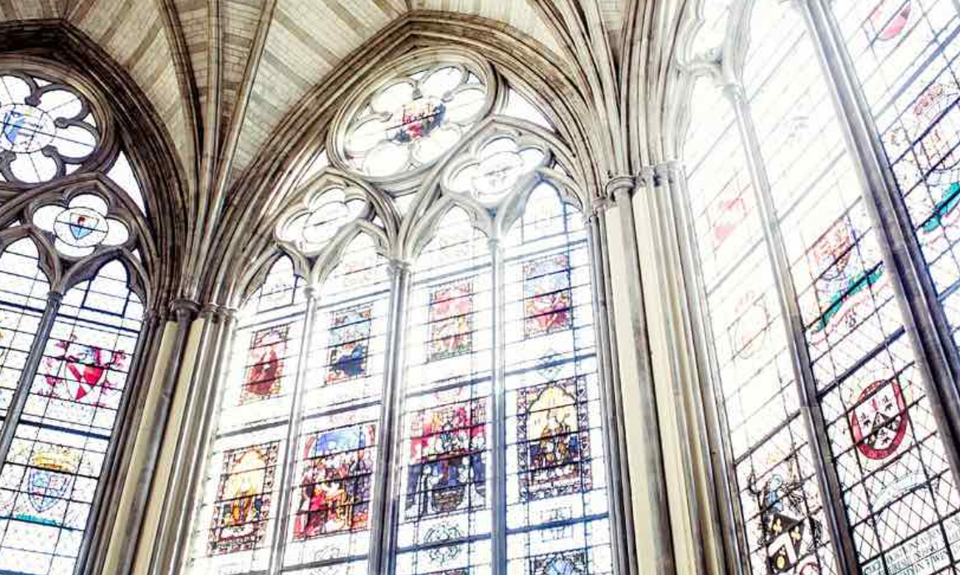Explore
-
Advice
- I have been abused
- I am worried about a child
- I am worried about an adult
- I am worried about domestic abuse
- I am worred about an adult at church
- I am worried about someone's mental health
- I am worried about my church's safeguarding procedures
- I am worried about my own thoughts and behaviour towards children
- I am worried about a sex offender joining the church
- Child Protection
- Adult Protection
- Domestic Abuse
- Sexual Violence Services
- Mental Health
- Other Useful Sites
- Sussex Police

I am concerned that the behaviour of someone in my church towards children may cause them harm
Firstly, child protection is everyone's responsibility, and the welfare of the child is paramount. These two principles underpin all child protection work and really help in situations like this one. If you are concerned about the behaviour of someone else in church, you may very probably feel conflicted: they may be a friend, or a respected member of the church community. You may find it almost impossible to believe they could ever really mean harm to children, and you may be acutely aware that if you 'accuse' them (of which more in a moment) others in the church won't believe you, and will rally to their defense. You may also be legitimately very concerned about 'false allegations', and may have worried a lot about your concerns, repeatedly asking yourself "But what if I'm wrong?"
All of these are important concerns that cannot be dismissed lightly, but the point of quoting the above two principles is that none of those other concerns (or anything else we haven't mentioned here) are more important than the welfare of children, and if you have the concern it is your responsibility to bring it forward to the appropriate people. The answer to the question you may have asked yourself - "What if I'm wrong?" - is another question: "What if you're right?"
With regards to 'false allegations' against someone, these are far rarer than many people believe, but they are not unheard of. Sometimes people simply misread the signs and believe someone has malicious intent towards children when in fact they do not. Sometimes people make an accusation against the wrong person (a case of mistaken identity, for instance), and, very rarely, someone may make something up about another person out of spite or with intent to discredit them.
The important principle to remember is that the best way of identifying false allegations is to treat all allegations the same. By dealing with each allegation according to the same process, in an open, transparent yet confidential way, those few allegations which are false are more likely to be highlighted early.
If you are concerned about the behaviour or intentions of someone in your church towards children, please do not hesitate to communicate those concerns. You can discuss them locally with your parish priest and/or safeguarding officer (unless the concerns are about them, of course), but you should approach the Diocesan Safeguarding Team directly to discuss your concerns.
Concerns are dealt with confidentially, fairly, and in an open-minded way, but we will always place the welfare of children and adults over all other concerns. For allegations made against people who work or volunteer with children, these are dealt with according to the Pan-Sussex Child Protection Procedures, which can be viewed here. For allegations that indicate an adult may be at risk, these are dealth with according to Section 3 of the Sussex Safeguarding Adults Policy, which can be found here.